Refine search
Actions for selected content:
140 results in Lectures, Workshops, and Proceedings of International Conferences
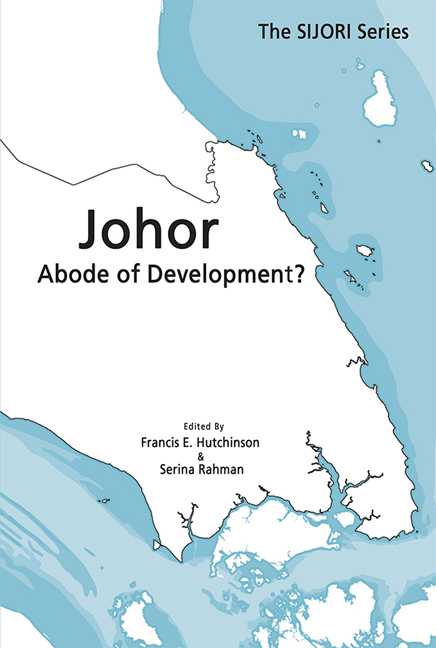
Johor
- Abode of Development?
-
- Published by:
- ISEAS–Yusof Ishak Institute
- Published online:
- 24 November 2020
- Print publication:
- 01 September 2020
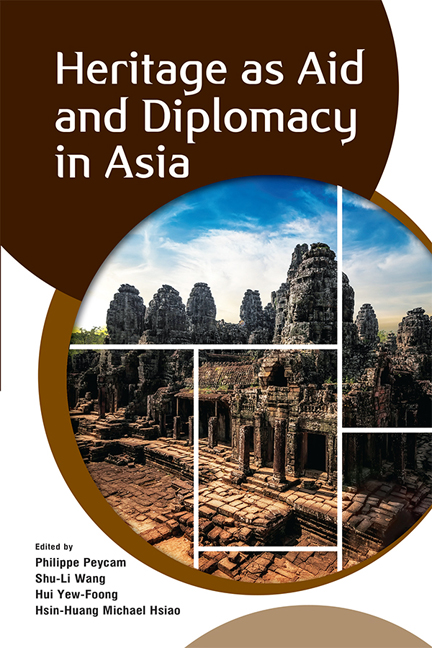
Heritage as Aid and Diplomacy in Asia
-
- Published by:
- ISEAS–Yusof Ishak Institute
- Published online:
- 10 November 2020
- Print publication:
- 04 May 2020
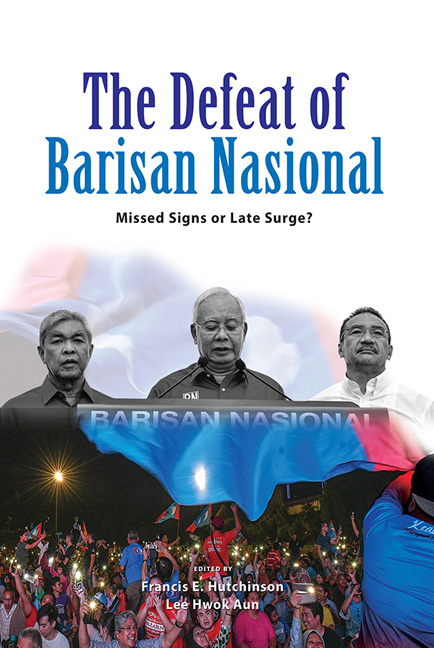
The Defeat of Barisan Nasional
- Missed Signs or Late Surge?
-
- Published by:
- ISEAS–Yusof Ishak Institute
- Published online:
- 17 April 2020
- Print publication:
- 16 December 2019
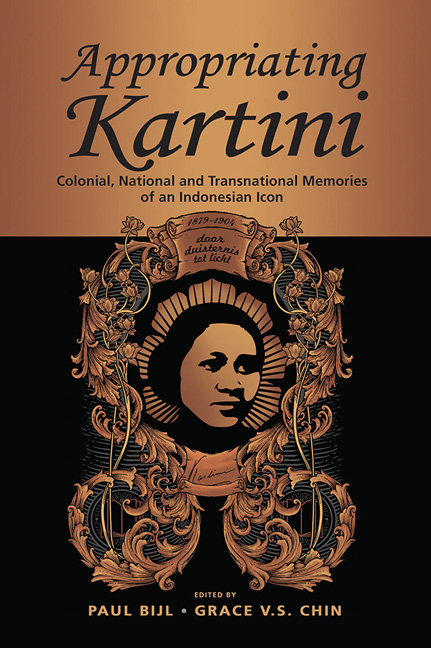
Appropriating Kartini
- Colonial, National and Transnational Memories of an Indonesian Icon
-
- Published by:
- ISEAS–Yusof Ishak Institute
- Published online:
- 02 April 2020
- Print publication:
- 10 January 2020
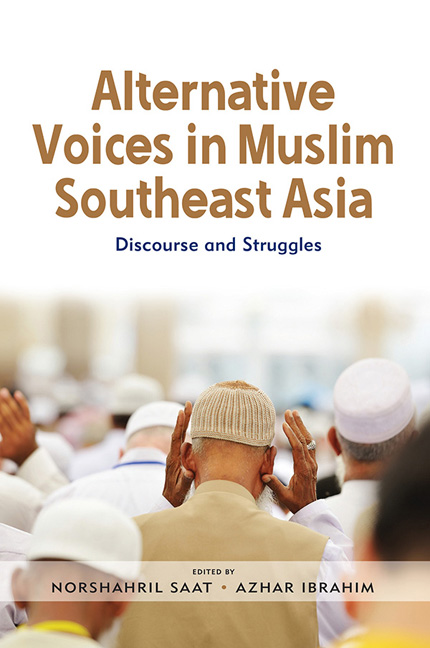
Alternative Voices in Muslim Southeast Asia
- Discourses and Struggles
-
- Published by:
- ISEAS–Yusof Ishak Institute
- Published online:
- 02 April 2020
- Print publication:
- 17 December 2019
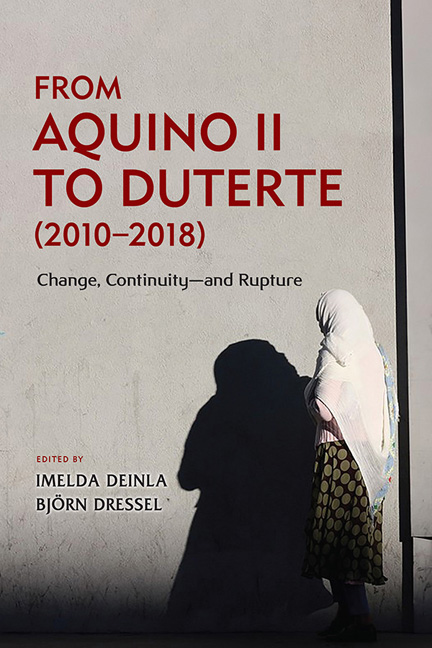
From Aquino II to Duterte (2010–2018)
- Change, Continuity—and Rupture
-
- Published by:
- ISEAS–Yusof Ishak Institute
- Published online:
- 31 January 2020
- Print publication:
- 10 June 2019
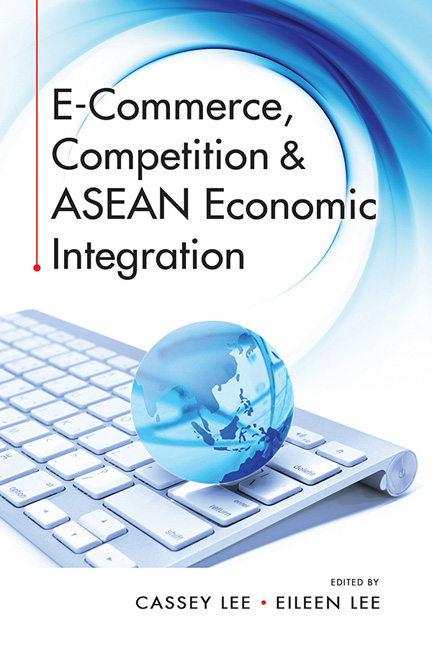
E-Commerce, Competition and ASEAN Economic Integration
-
- Published by:
- ISEAS–Yusof Ishak Institute
- Published online:
- 31 January 2020
- Print publication:
- 10 October 2019
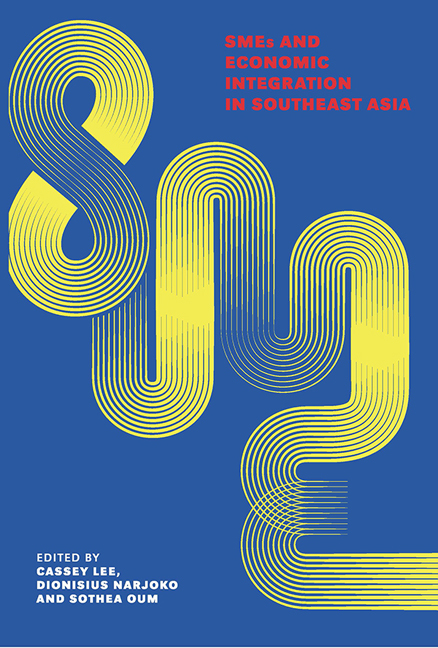
SMEs and Economic Integration in Southeast Asia
-
- Published by:
- ISEAS–Yusof Ishak Institute
- Published online:
- 06 September 2019
- Print publication:
- 29 April 2019
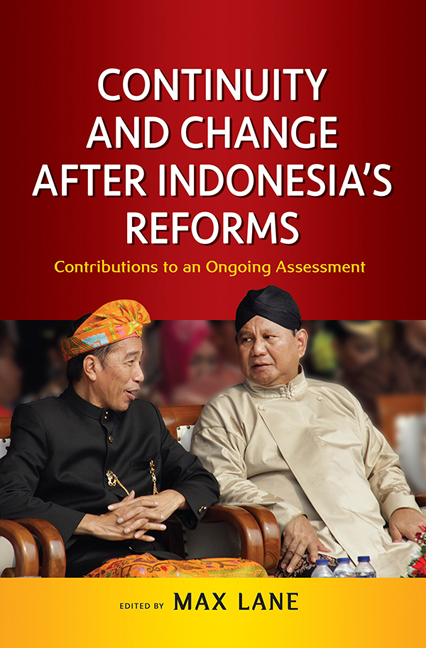
Continuity and Change after Indonesia's Reforms
- Contributions to an Ongoing Assessment
-
- Published by:
- ISEAS–Yusof Ishak Institute
- Published online:
- 06 September 2019
- Print publication:
- 09 April 2019
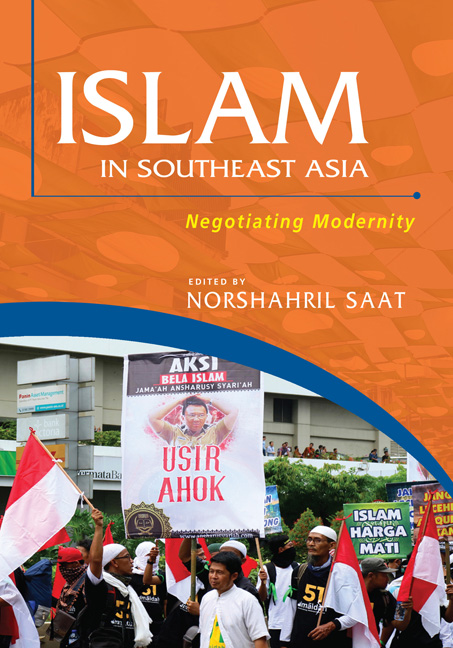
Islam in Southeast Asia
- Negotiating Modernity
-
- Published by:
- ISEAS–Yusof Ishak Institute
- Published online:
- 08 June 2019
- Print publication:
- 30 May 2018
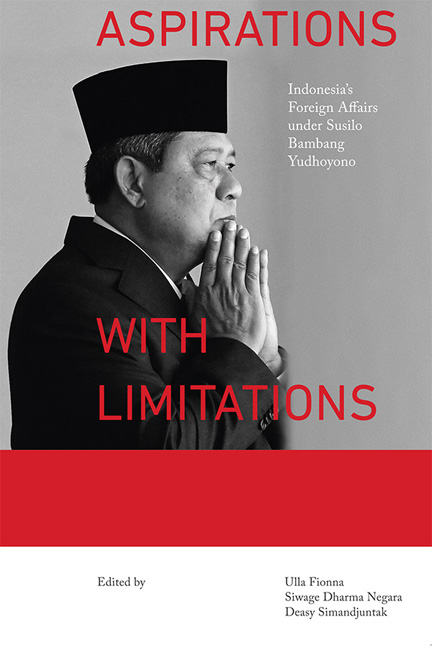
Aspirations with Limitations
- Indonesia's Foreign Affairs under Susilo Bambang Yudhoyono
-
- Published by:
- ISEAS–Yusof Ishak Institute
- Published online:
- 08 June 2019
- Print publication:
- 29 June 2018
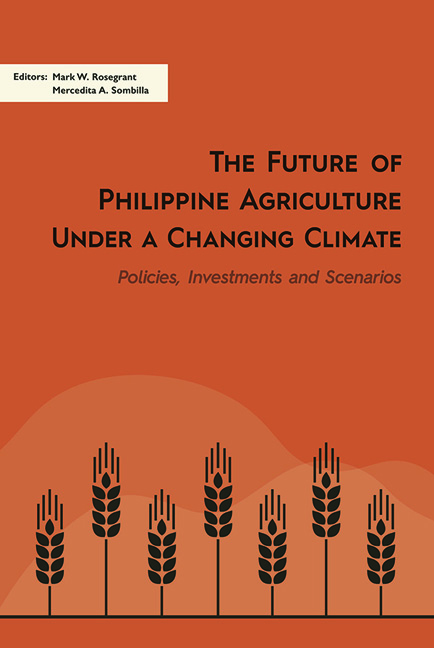
The Future of Philippine Agriculture under a Changing Climate
- Policies, Investments and Scenarios
-
- Published by:
- ISEAS–Yusof Ishak Institute
- Published online:
- 29 May 2019
- Print publication:
- 30 November 2018

ISEAS at 50
- Understanding Southeast Asia Past and Present
-
- Published by:
- ISEAS–Yusof Ishak Institute
- Published online:
- 29 May 2019
- Print publication:
- 06 December 2018
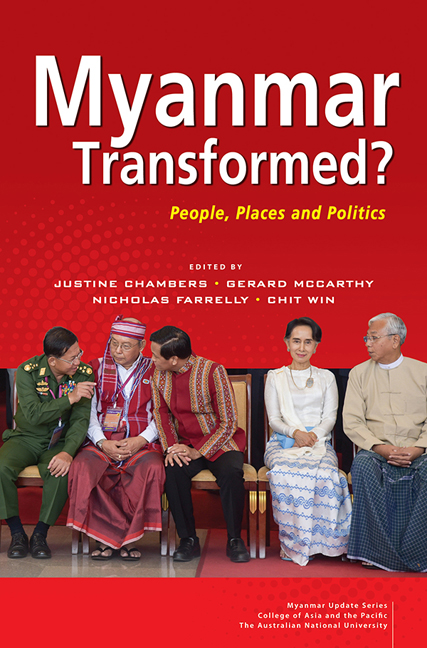
Myanmar Transformed?
- People, Places and Politics
-
- Published by:
- ISEAS–Yusof Ishak Institute
- Published online:
- 12 February 2019
- Print publication:
- 20 September 2018
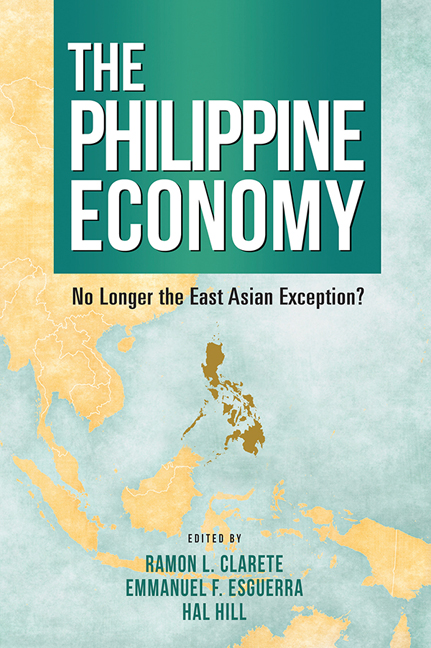
The Philippine Economy
- No Longer the East Asian Exception?
-
- Published by:
- ISEAS–Yusof Ishak Institute
- Published online:
- 12 February 2019
- Print publication:
- 10 September 2018
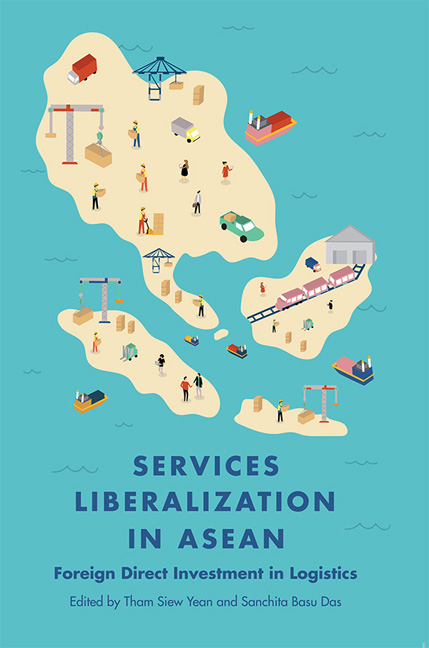
Services Liberalization in ASEAN
- Foreign Direct Investment in Logistics
-
- Published by:
- ISEAS–Yusof Ishak Institute
- Published online:
- 04 July 2018
- Print publication:
- 14 November 2017
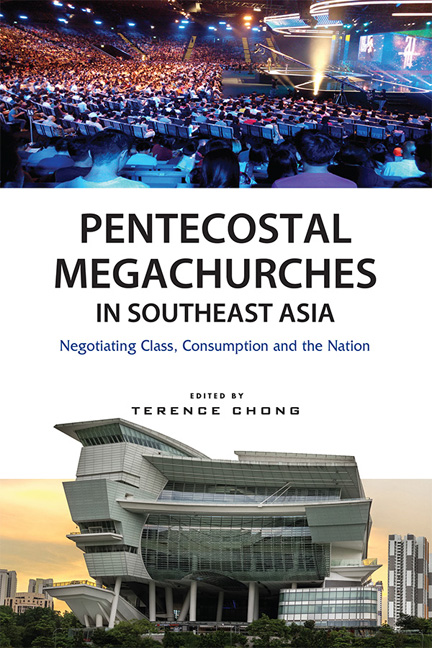
Pentecostal Megachurches in Southeast Asia
- Negotiating Class, Consumption and the Nation
-
- Published by:
- ISEAS–Yusof Ishak Institute
- Published online:
- 04 July 2018
- Print publication:
- 06 March 2018
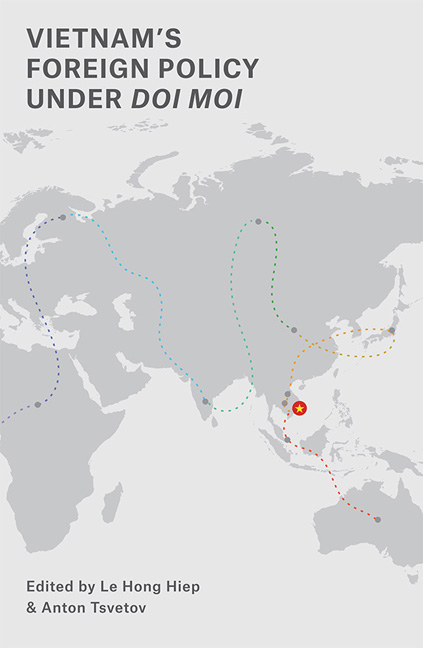
Vietnam's Foreign Policy under Doi Moi
-
- Published by:
- ISEAS–Yusof Ishak Institute
- Published online:
- 04 July 2018
- Print publication:
- 19 March 2018
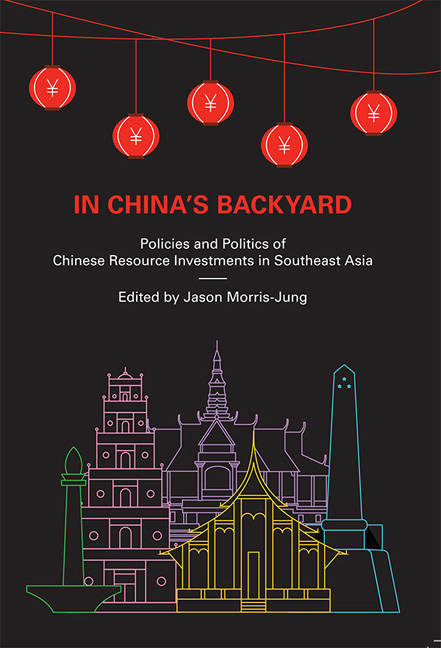
In China's Backyard
- Policies and Politics of Chinese Resource Investments in Southeast Asia
-
- Published by:
- ISEAS–Yusof Ishak Institute
- Published online:
- 04 July 2018
- Print publication:
- 13 December 2017
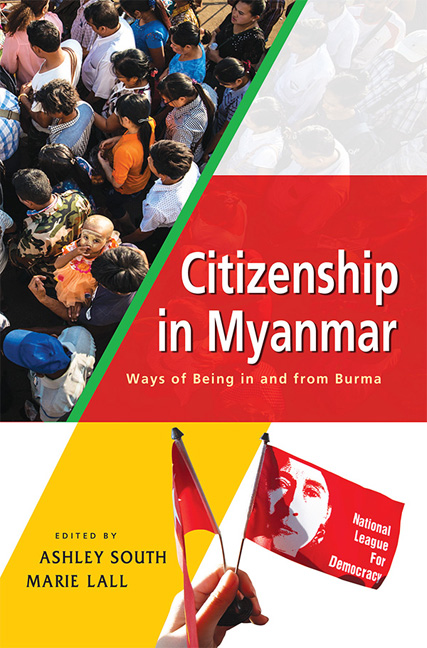
Citizenship in Myanmar
- Ways of Being in and from Burma
-
- Published by:
- ISEAS–Yusof Ishak Institute
- Published online:
- 28 June 2018
- Print publication:
- 13 December 2017
